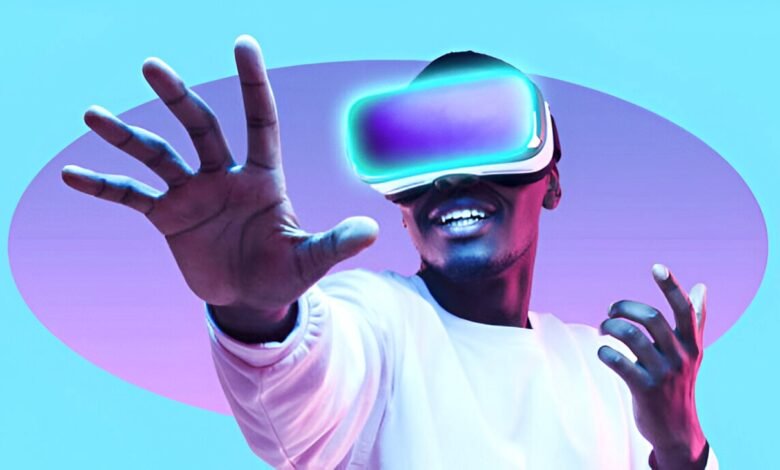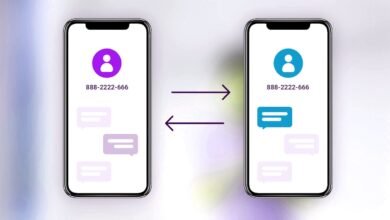Meta Wants To Be The ‘Microsoft of VR’

Facebook’s (aka Meta’s) decision to license its VR gear software to computer makers is excellent. The company desperately wants to own a computing platform.
Meta has already given Asus and Lenovo licenses to use its Horizon OS, and it is also pushing for other app shops to be added to its platform. It’s also making tools that will let app developers port their games, and these will include Meta’s weird metaverse, which still needs to interest everyone. As Alex Heath of the Verge put it, Meta wants to become “the Microsoft of headsets.” The details of the licensing agreement are still being kept secret, but these deals are still in their early stages.
“An open approach to Horizon OS allows the company to focus its resources on making a VR ecosystem so appealing that it quickly builds up a user base that can’t be replicated by a second mover,” Varun Garde, Director of Cloud Marketing, Monetization, and Business Planning at Microsoft, said. “It also helps the company become less dependent on Apple and Google, which control access to mobile users and can, and sometimes have, made the company follow their own rules.”
Fatal Attraction
Mark Zuckerberg really wants Meta to own a computer platform. What else could explain the billions of dollars spent on VR and the metaverse, the 3D world that Meta thought was so important that it changed its name to reflect that?
Facebook used to be web-based, so it could do pretty much anything it wanted with its users. For example, it could “strip mine” them for information that it used to sell focused ads. But then phones came out, and people switched to apps run by Apple and Google. Even worse for Facebook and its parent company, Meta, Apple locked down the browser and told users when apps wanted to track them. This made it even harder to track people.

Meta has a clear answer: it needs to own its platform. Most phones run either iOS or Android, so the smartphone market is full. However, the VR/AR market is still very open. This is the only reason Meta is putting everything it has into trying to make it a social platform.
If it works, AR could do a lot more than keep track of the websites you visit. Because it has cameras, a headset can also see what’s going on around you and track your eyes to see what you’re looking at. Tell me that’s not a big, juicy target for Meta.
Open and Closed
By selling licenses for its headset operating system, Meta hopes to dominate VR in the same way that Windows and Android do for computers and phones. It’s not necessary to compete with Apple by making hardware and apps that work together. Instead, focus on what you’re good at and let other people make gadgets.
Companies like Lenovo and Asus need a clear way to get into VR and AR right now, so this is a very smart move. It’s clear on the desktop. You only use Windows, and the same goes for Android on your phone.
Manufacturers of headsets can focus on what they do best, which is making hardware. Using a tool that has already been tried and tested could save them a lot of money. “They also wouldn’t have to spend money on making a store with fun apps and persuading developers to make apps for their platforms,” Maeva Sponbergs, CMO and head of publishing at Beyond Frames Entertainment, told us.
Lenovo helped design the Oculus Rift S and will likely make mixed-reality headsets for businesses. Meta’s announcement says that Asus is working on an “all-new performance gaming headset.” Meta is also working with Microsoft to make a special Meta Quest game that looks like the Xbox.
People want to buy. When more companies join the game, there will be more options and cheaper ones.
More devices on the market means more competition, which is good for consumers, developers, and content creators because it means hardware will probably get better faster. Annie Eaton, CEO of Futurus and author of the AR/VR book The Extended Reality Blueprint, told Lifewire via email that she is an expert in XR.
Meta will own and run the whole experience, which is a problem because you know what they want from you.











